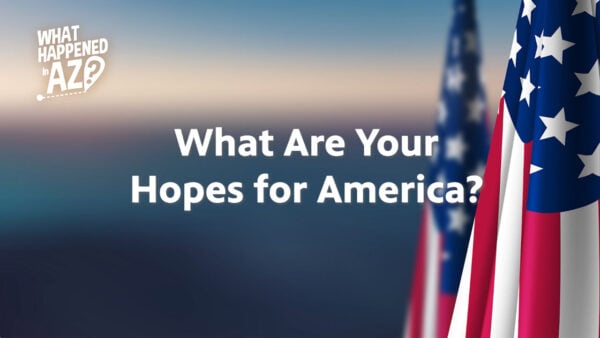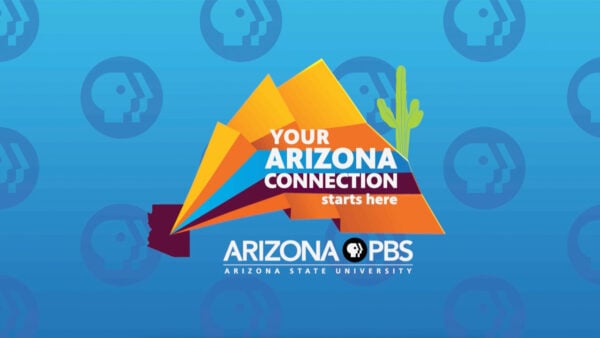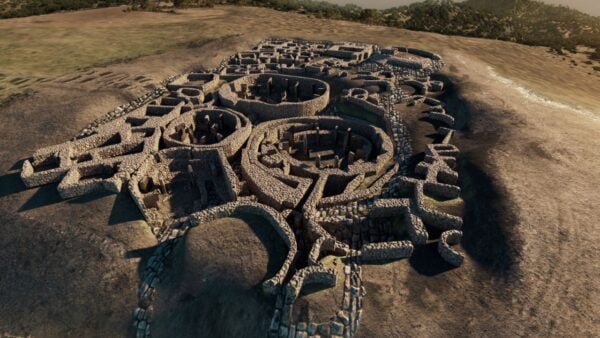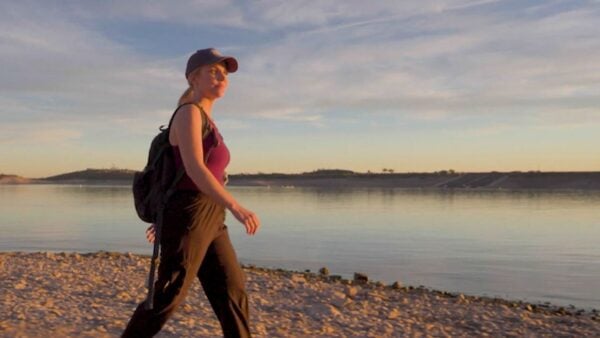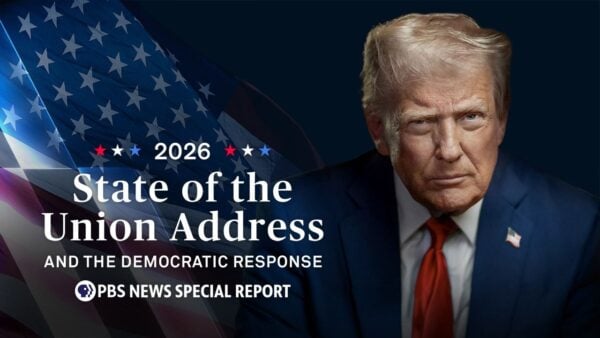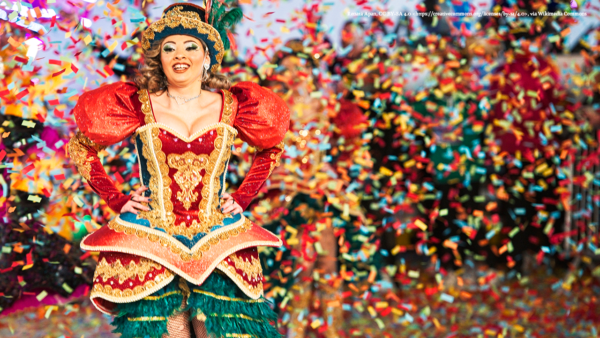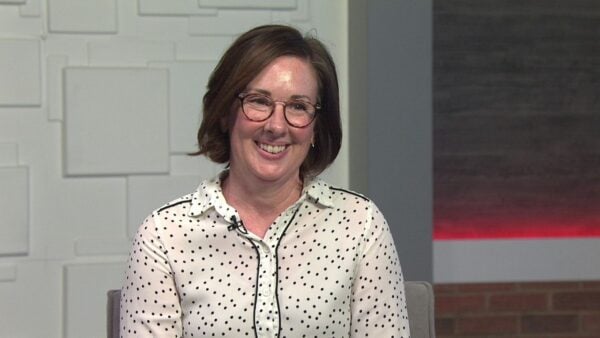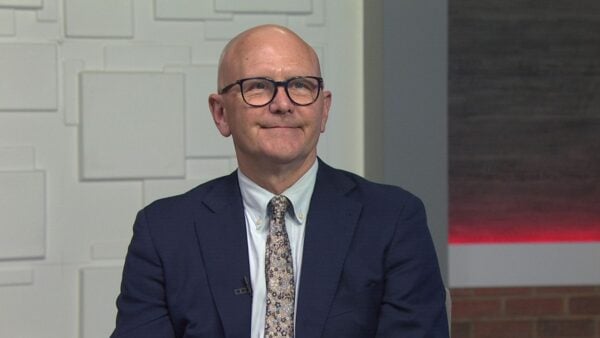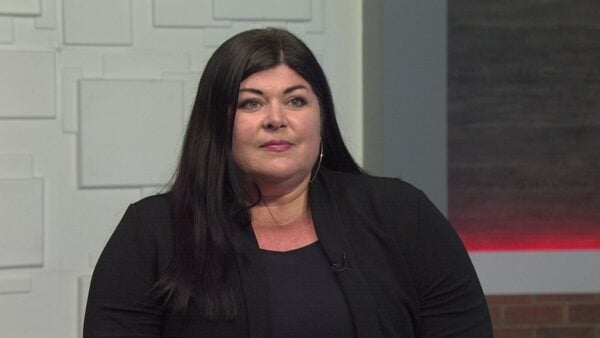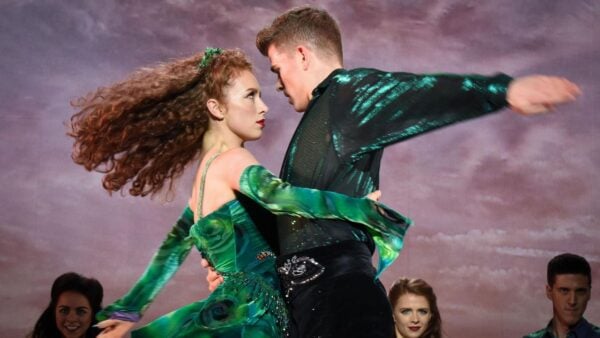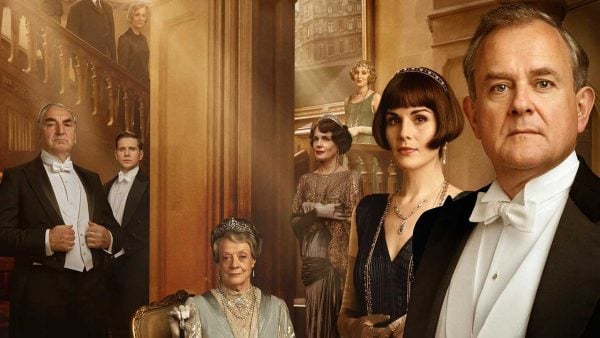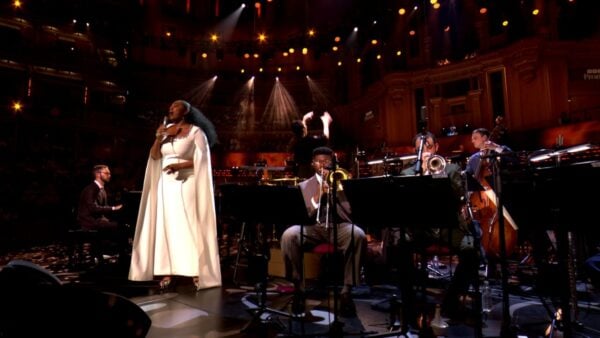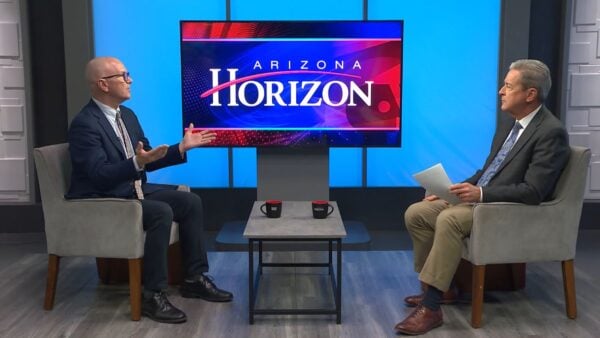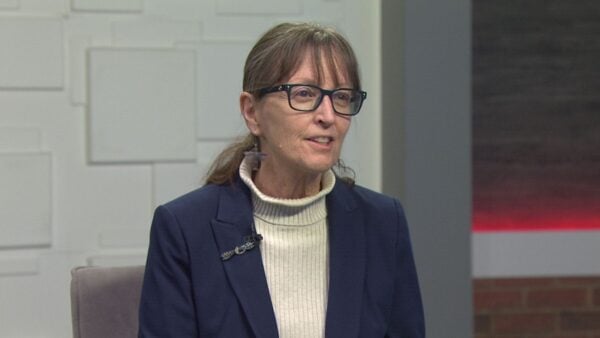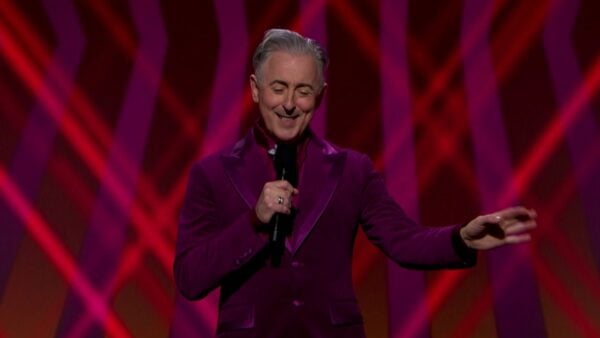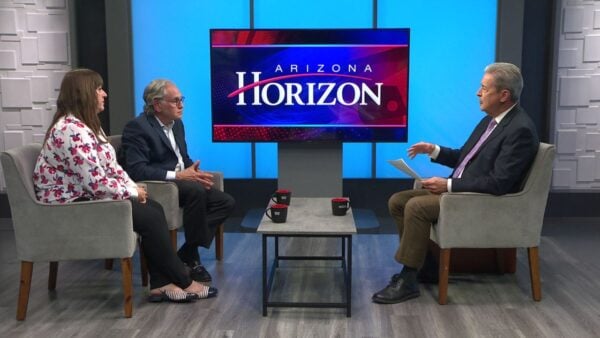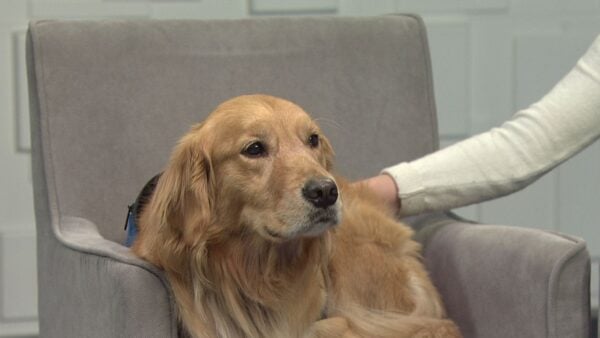Look back at the founding of the United States, nearly 250 years ago. What role did Indigenous people play in the American Revolution? And what was happening in present-day Arizona while a war for independence was raging in the east?
We’ll explore Indigenous voices of the late eighteenth century, east and west, including stories of American revolutions that predate “the” American Revolution. Featuring selections from Arizona PBS’s new digital series “What Happened in AZ” and excerpts of the new documentary series by Ken Burns, Sarah Botstein and David Schmidt, “The American Revolution.”
Join us for an “America at 250: Indigenous Voices” screening and panel discussion on Wednesday, November 12, 2025, at the Heard Museum, 2301 N. Central Ave., Phoenix, AZ, 85004. Doors will open at 5:30 p.m. with the program beginning at 6 p.m.
Register to join us, or learn more about our panelists below.

Meet our panelists
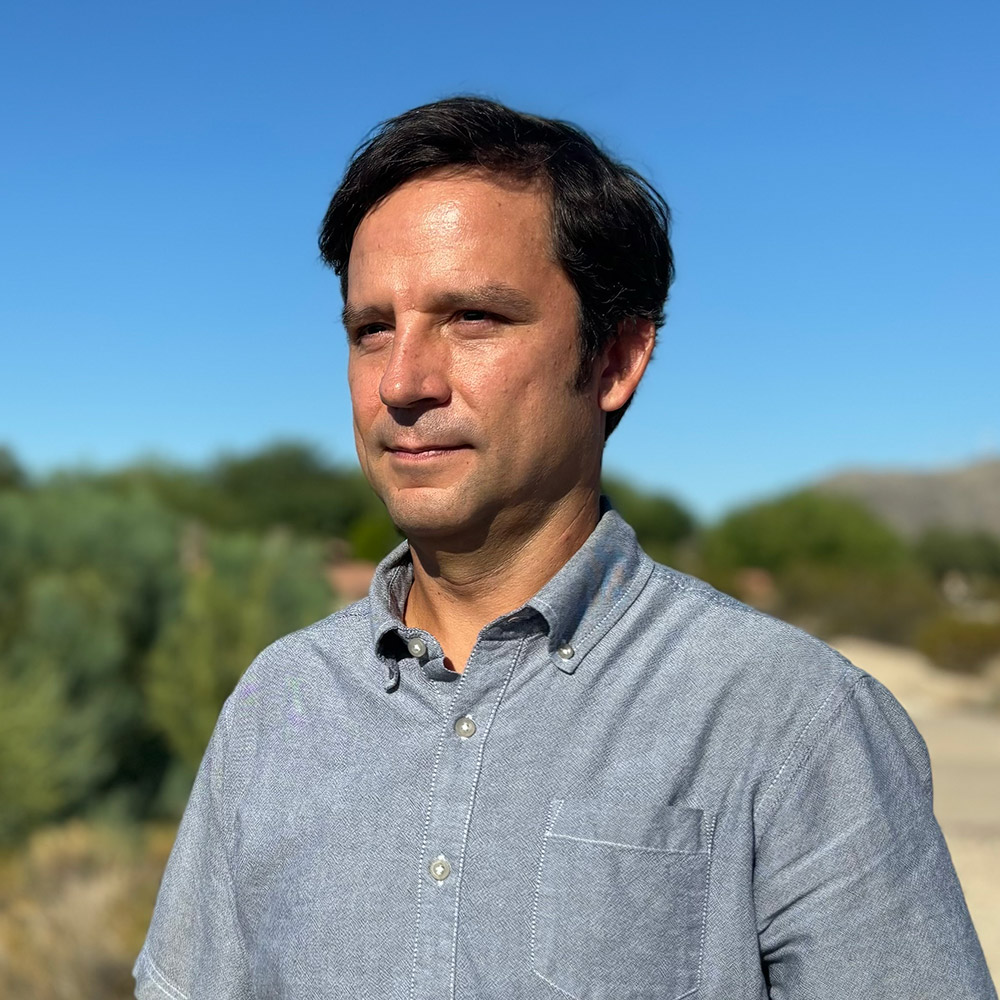
Maurice Crandall
Maurice Crandall is a citizen of the Yavapai-Apache Nation of Camp Verde, Arizona. He joined the School of Historical, Philosophical and Religious Studies at ASU as Associate Professor of History in August 2022. He is a historian of the Indigenous peoples of the U.S.-Mexico Borderlands, the American West and public history.
Before coming to Arizona State, he was Assistant Professor of Native American and Indigenous Studies at Dartmouth College. Crandall’s 2019 monograph, “These People Have Always Been a Republic: Indigenous Electorates in the U.S.-Mexico Borderlands, 1598–1912” (University of North Carolina Press), won several awards and was honored by the Western History Association as the best book of the year.
Crandall’s current book project (under contract with Liveright/W.W. Norton) examines the roles played in their communities by Dilzhe’e Apaches and Yavapais who served as Scouts in the U.S. Army. He is particularly interested in how these men, as experienced border-crossers, served their communities after the so-called Indian Wars had concluded, from the 1890s to the 1930s.
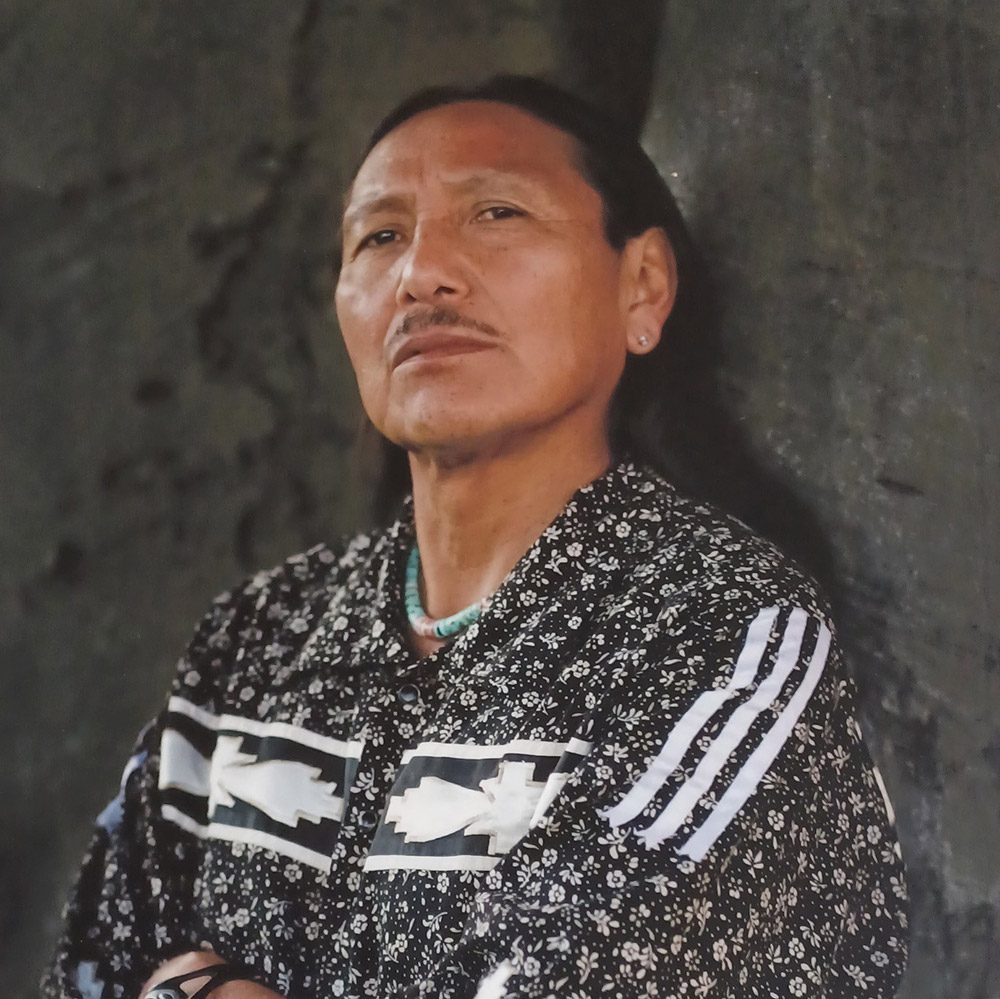
Manuel Pino
Manuel Pino from Acoma Pueblo, is a retired professor of American Indian Studies and sociology. Manuel taught for 28 years at Arizona State University and Scottsdale Community College in Arizona.
He currently serves on the board of directors for the Indigenous Environmental Network, Southwest Research and Information Center, Red Rock Foundation and the Laguna Acoma Coalition For A Safe Environment of which he is a founding member. He has served as a delegate of Indigenous Peoples at numerous United Nations conferences, forums and summits.
He has published book chapters and articles in academic, environmental and Indigenous publications in the U.S. and Canada. Manuel is currently working with former Indigenous uranium workers in the U.S. on health issues related to radiation exposure and in Indigenous Nations opposing nuclear fuel chain issues and development. Manuel received the 2008 Nuclear Free Future Award for activism in Munich, Germany.
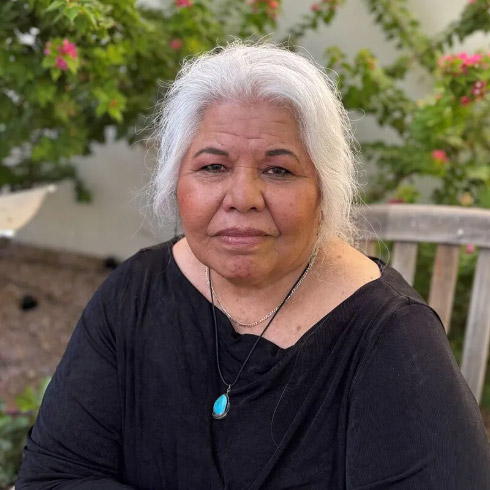
Aleta Ringlero
Aleta Ringlero, enrolled Salt River Pima-Maricopa Indian Community, is a curator, author, art historian and calligrapher who previously directed Native American Public Programs for the Smithsonian’s National Museum of Natural History. She held positions including Exhibit Research Specialist for the California State Railroad Museum and Archaeological Resources Coordinator for the Tahoe National Forest.
Ringlero also developed public collections of Indigenous art for several establishments including Casino Arizona, Talking Stick Resort, Coyote Valley Casino and Snoqualmie Casino.
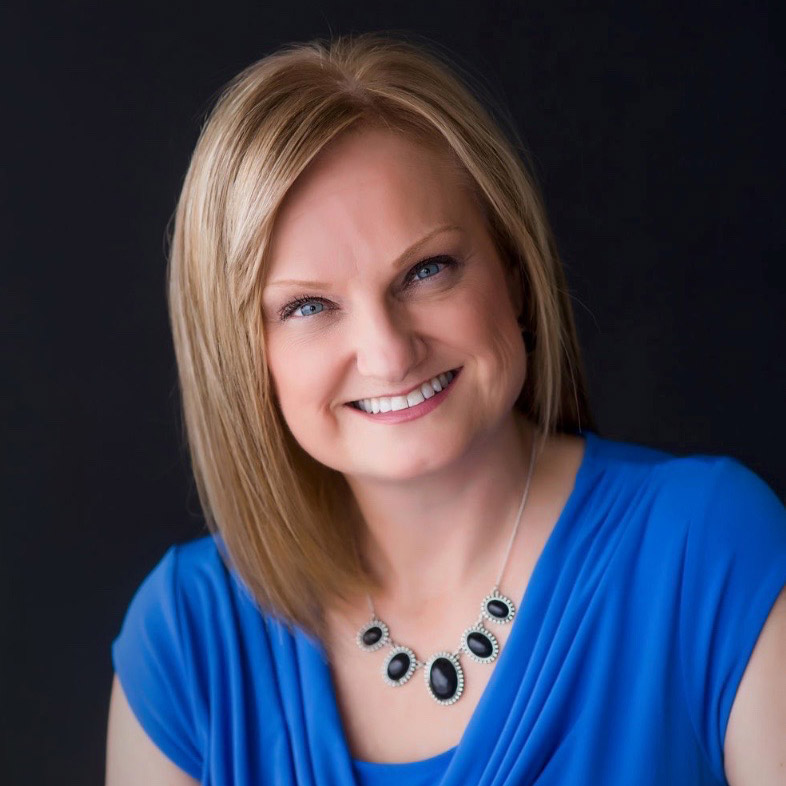
Carol Yancho
Our moderator will be Carol Yancho, Senior Director of Content at Arizona PBS.
A six-time Michigan Regional Emmy® Award winner, Yancho joined our team in 2024 after spending eight years at WKAR where she served as a senior producer and director. Prior to her time in public media, Yancho spent time producing content for national networks, including HGTV, A&E, CNN and more.

Thank you to our event partners
• The Heard Museum
• Gila River Broadcasting Corporation
Corporate funding for THE AMERICAN REVOLUTION was provided by Bank of America. Major funding was provided by The Better Angels Society and its members Jeannie and Jonathan Lavine with the Crimson Lion Foundation; and the Blavatnik Family Foundation. Major funding was also provided by David M. Rubenstein; The Robert D. and Patricia E. Kern Family Foundation; Lilly Endowment Inc.; and the following Better Angels Society members: Eric and Wendy Schmidt; Stephen A. Schwarzman; and Kenneth C. Griffin with Griffin Catalyst. Additional support for THE AMERICAN REVOLUTION was provided by: The Arthur Vining Davis Foundations; The Pew Charitable Trusts; Gilbert S. Omenn and Martha A. Darling; Park Foundation; and the following Better Angels Society members: Gilchrist and Amy Berg; Perry and Donna Golkin; The Michelson Foundation; Jacqueline B. Mars; Kissick Family Foundation; Diane and Hal Brierley; John H. N. Fisher and Jennifer Caldwell; John and Catherine Debs; The Fullerton Family Charitable Fund; Philip I. Kent; Gail Elden; Deborah and Jon Dawson; David and Susan Kreisman; The McCloskey Family Charitable Trust; Becky and Jim Morgan; Carol and Ned Spieker; Mark A. Tracy; and Paul and Shelley Whyte. THE AMERICAN REVOLUTION was made possible, in part, with support from the Corporation for Public Broadcasting.
